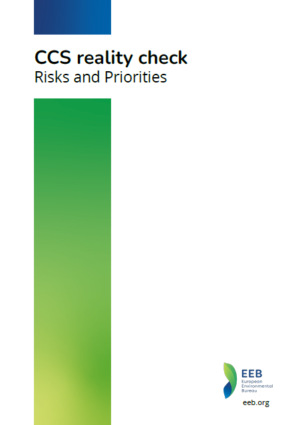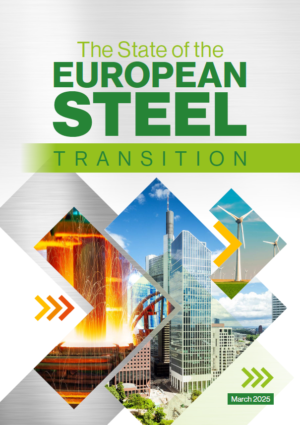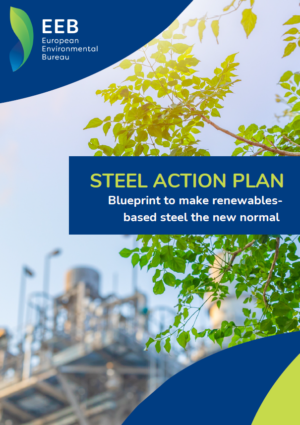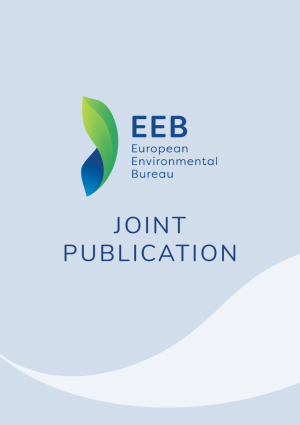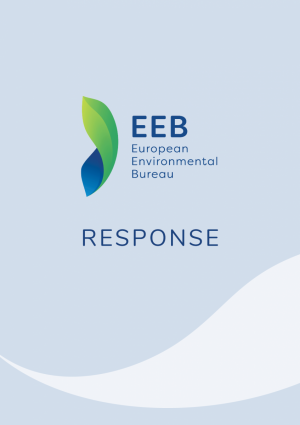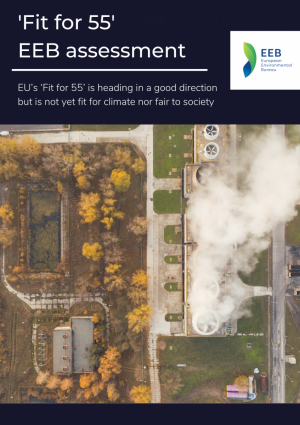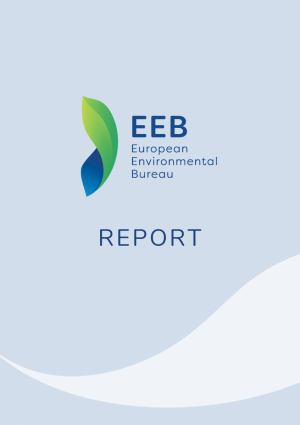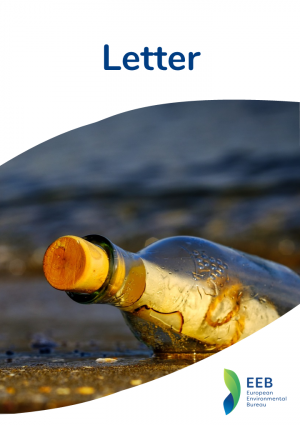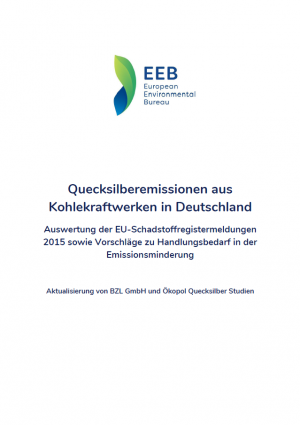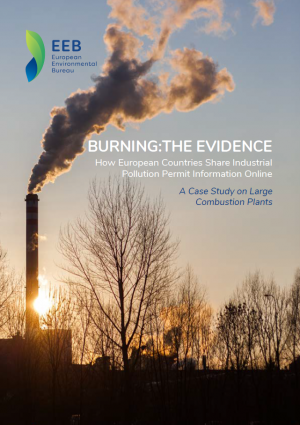Pollution Prevention
The human health cost of air, water and soil pollution from industry is measured in billions of euros each year, with toxic emissions causing health conditions such as asthma, bronchitis and cancer. Industrial pollution, including. greenhouse gas emissions are also threatening nature and wildlife, as well as our crops and built environment. Remediation costs (e.g., water treatment, soil decontamination, marine depollution) and loss of ecosystem services are not fully paid by the polluters.
Furthermore, the overall safety of industrial activities is of utmost importance. Production processes involving chemicals could, if something were to go wrong, have hazardous or life-threatening effects on communities. Environmental protection must be properly and effectively regulated, notably through the substitution of substances of concern at source.
Over 50,000 industrial installations in the EU are subject to the rules set in a single piece of European law – the Industrial Emissions Directive (IED). This legislation aims to prevent, and where not technically feasible, reduce negative impacts, promote resource efficiency and curtail the production and use of hazardous chemicals by setting agreed standards for different industrial activities, with the aim to achieving a high level of protection of the environment taken as a whole.
We are engaged in the review of the Industrial Emissions Directive (see our dedicated briefings) and in related policy initiatives such as the Net Zero Industry Act to provide a real driving force towards a fully integrated approach on climate neutrality and zero pollution.
Potential daily external health cost savings achieved by using recognised techniques to reduce air pollution from EU coal plants
Could be saved every year by improving environmental performance at European coal power stations




